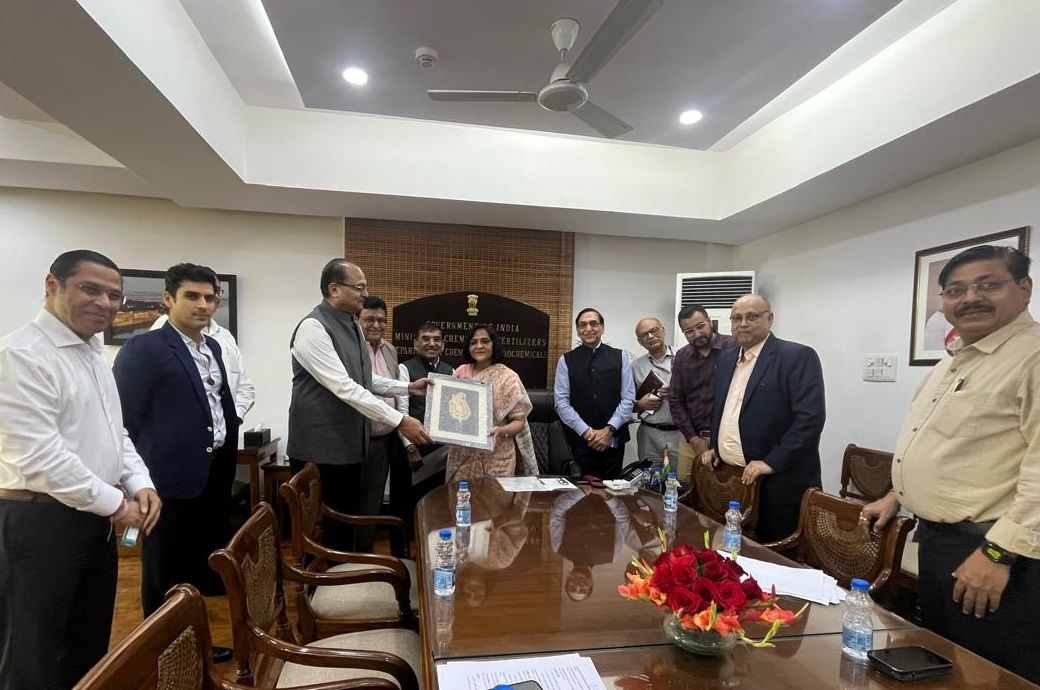
The Northern India Textile Mills’ Association (NITMA), along with other trade bodies, industry associations, and stakeholders such as Polyester Textile Apparel Industry Association (PTAIA), Confederation of Indian Textile Industry (CITI), Southern Gujarat Chamber Of Commerce And Industry (SGCCI), and Southern India Mills' Association (SIMA), recently met senior officials from the Ministry of Textiles and the Secretary of the Department of Chemicals & Petrochemicals to register their strong opposition to the DGTR’s recommendation. NITMA cautioned that the duty would deliver a devastating blow to the predominantly MSME-based downstream industry, threatening millions of livelihoods and halting planned investments.
The ADD would stall investments worth over ₹20,000 crore and increase MEG costs by around 20 per cent, making polyester staple fibre, yarn, and garment production unsustainable, NITMA said in a press statement.
According to the association, domestic PSF is already priced 15–20 per cent higher than global competitors. With the BIS quality control order limiting imports, domestic producers have already raised prices by ₹6–₹7 per kg. The proposed ADD could widen this gap to ₹10–₹11 per kg, severely affecting competitiveness and export viability.
NITMA further noted that India’s MEG demand (around 3.1 million tons per annum) far exceeds domestic production (1.94 million tons per annum), with no new capacity planned. It also criticised the move as contradictory to government policies promoting global competitiveness, citing the removal of customs duty on raw cotton and the withdrawal of ADD on purified terephthalic acid (PTA) in 2020.
Calling the proposed MEG duty “counterproductive”, NITMA reiterated its key demands: rejection of the ADD recommendation, removal of the BIS mandate on MEG, and continued duty-free access to essential textile inputs to safeguard MSMEs, protect jobs, and support India’s $350 billion textile trade target by 2030.
ALCHEMPro News Desk (KUL)
Receive daily prices and market insights straight to your inbox. Subscribe to AlchemPro Weekly!